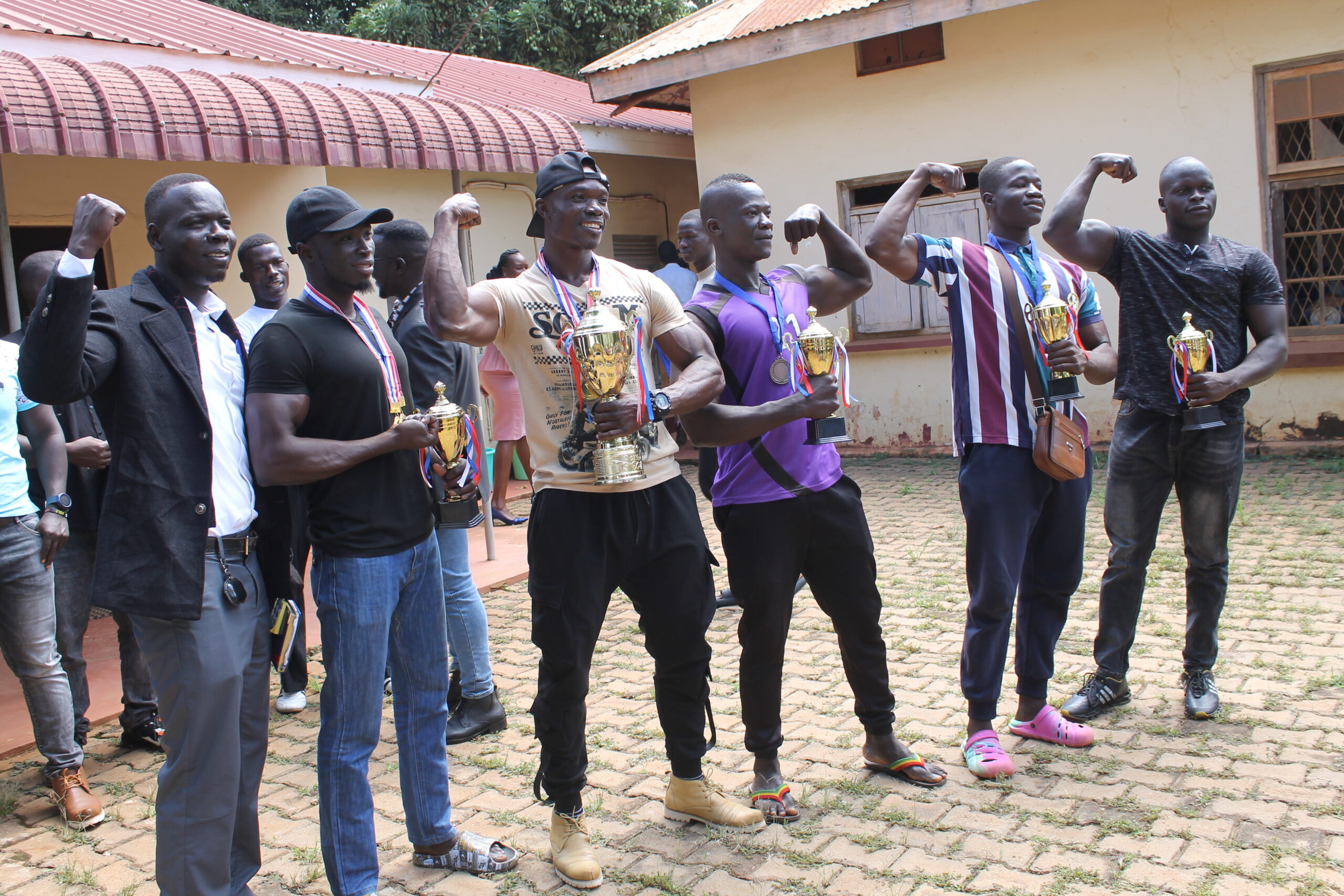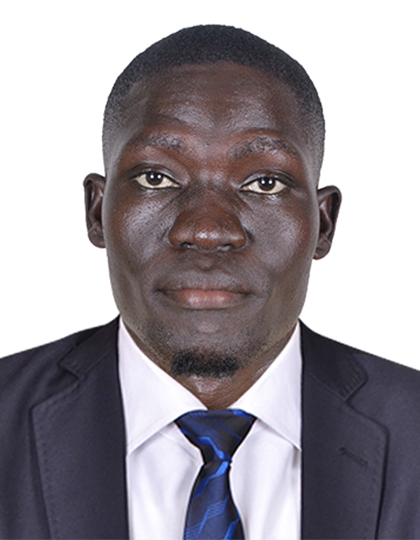
 Speak FM
Speak FM

 Speak FM
Speak FM
28 August 2023, 7:23 pm
By Emmy Daniel Ojara
Mental health challenges continue to prevail at an alarming rate in post-war Northern Uganda, a circumstance that has been further exacerbated by the COVID-19 pandemic.
The pandemic has amplified stress levels due to acute financial constraints and widespread unemployment.
Nonetheless, managing the escalating mental health burden in the region remains a formidable task, predominantly due to the scarcity of psychiatric nurses, chronic understaffing, and inadequate funding for mental health departments.
Derrick Kiiza, the Executive Director of Mental Health Uganda, underscores the acute shortage of psychiatric professionals in the country.
Among the 43 psychiatrists present in Uganda, only a meager six are stationed at Butabika National Referral Hospital.
The remainder are primarily concentrated at Mulago National Referral Hospital and the four Regional Referral Hospitals. The remaining regional facilities depend on clinically trained psychiatric nurses to provide the necessary services.
Notably, research conducted by the Mental Health Disability Advocacy Centre (MDAC) and Mental Health Uganda (MHU) in 2013 and 2014 revealed a concerning daily influx of mental health cases at National and Regional Referral Hospitals, with the national statistic standing at a staggering 34%.
In the Acholi sub-region, mental illness ranks as a primary contributor to suicides.
This aligns with the global concern underscored by the World Health Organization (WHO), which reports that over 700,000 individuals die by suicide every year.
The signs indicative of mental health afflictions encompass drastic mood fluctuations, social withdrawal, articulation of self-harm ideation, and the dispensation of personal belongings.
In a disconcerting revelation, Uganda ranks amongst the top six countries internationally in terms of mental health disorder prevalence, as recognized by WHO.
This encompasses a spectrum of disorders, ranging from anxiety and depression to bipolar disorder, schizophrenia, psychoses, dementia, and autism.
A recently published 2022 report by the Uganda Counselling Association has estimated that approximately 14 million Ugandans grapple with various forms of mental disorders.
Complex factors, including misconceptions and deeply entrenched cultural beliefs, impede progress in tackling mental health issues.
These perceptions often lead individuals to interpret such conditions as portents of ill fortune or ascribed to malevolent spiritual attacks.
Consequently, conventional cultural practices often supersede modern therapeutic interventions. In a bid to counteract these multifaceted challenges, an unconventional approach has been adopted by a cohort of professional bodybuilders, aiming to address prevailing mental health problems in Northern Uganda.
Operating under the banner of the Northern Uganda Bodybuilding and Fitness Association, this group collaborates synergistically with healthcare professionals, educators, media representatives, and the wider sports community.
Their overarching mission encompasses the organization of competitive events for bodybuilders and weightlifters, supplemented by psychosocial support and counseling services tailored to their membership base as well as the general public.
Michael Ojok, widely recognized as Big Mike, serves as a prominent bodybuilder trainer and concurrently holds the mantle of Chairperson for the association.
He underlines the impetus behind this endeavor, attributing it to the surging rates of mental health issues, escalating crime rates, suicides, and instances of hooliganism observed among sports enthusiasts.
Michael Ojok on Initiative (Luo Audio).
Distinct from the traditional notion of bodybuilding centered solely around augmenting physical prowess, their concerted efforts pivot towards bestowing hope, deterring criminality, and cultivating a constructive outlook through sports engagement.
Fortifying this initiative are endorsements and backing from influential figures including George Openjuru Ladaah, the Vice Chancellor of Gulu University, renowned female bodybuilder Robinson Jenine, and established fitness centers scattered across the expanse of the Northern Region.
Robinson Jenine, an experienced and respected female bodybuilder boasting three decades of immersion in the domain, illuminates the salutary effects of rigorous training on emotional well-being.
She articulates how the intensive training regimen positively influences mood, energy levels, and cognitive perspectives, and imparts a heightened sense of purpose.
Robinson on Weightlifting (English Audio)
Professor Ladaah underscores the substantial contributions of sports, including weightlifting, to bolster mental well-being.
He advocates for the integration of bodybuilding sports within educational institutions as a proactive measure to cultivate the mental health of students and educators alike.
Professor Ladaah on Weightlifting. (English Audio).
A pertinent illustration is provided by Solomon Akena, a dedicated bodybuilder associated with the Power Centre in Gulu City.
Akena narrates his personal journey, elucidating how his unwavering commitment to a rigorous fitness regimen has not only fostered physical fortitude but also engendered a disciplined approach to dietary habits.
The transformative impact extends beyond the physical domain, encompassing psychological fortitude, thereby nurturing a sense of aspiration and purpose.
The approach pursued by Power Centre transcends the boundaries of conventional fitness centers, encompassing an amalgamation of counseling, meticulously designed workout routines, and the nurturing of a mindset that redirects energies away from detrimental behaviors.
Several beneficiaries who entered the facility with mental health-related concerns have departed with revitalized spirits and resolute determination to channel their energies toward constructive pursuits.

Akena explains mental health. (Luo Audio)
Jimmy Ocaka, a seasoned psychiatric nurse affiliated with Basic Needs UK in Uganda, an organization operating in conjunction with the Agago district health department, elucidates the tangible benefits of regular physical exercise on mental well-being.
Ocaka expounds upon the neural and physiological responses initiated by physical activity, resulting in the release of endorphins and serotonin—hormones that amplify mood regulation, resilience, concentration, and overall sleep quality.
Ocaka on Mental Health and Weightlifting (English and Luo Audio)
In a proactive endeavor to broaden the reach of their methodology, the Uganda Body Building and Fitness Association orchestrated regional bodybuilding competitions.
The inaugural event, christened “Mr. Northern Uganda Body Building Competition,” was launched last year. Building upon this success, a similar competition—dubbed “Mr. Acholi”—is scheduled for November 26th of this year, hosted at Plan B Lounge in Gulu City. The event’s influence is slated to extend subsequently to the West Nile and Lango sub-regions.
The report was originally published on URN by Emmy Daniel Ojara.
Ojara is a sports enthusiast and sub-news editor of Speak FM.